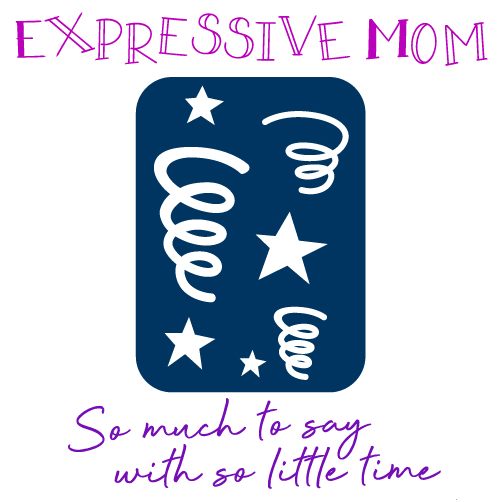It does not take a rocket scientist to realize that perfectionism and anxiety in parents will turn them into helicopter parents. They are anxious about their kids and at the same time, they will expect perfection from their kids. Therefore, that will definitely lead to them hovering over their kids all of the time.
What will happen at the end? Their kids will become quite resentful of their parents and will end up potentially cutting them out. If their parents are getting into the way of their freedom and independence, then it is not hard to imagine how this can happen. Kids that are raised by helicopter parents are at a huge disadvantage as they do often become late bloomers. When they do realize that they have been stifled for so long is when they end up blooming and end up cutting their parents out if they don’t stop their ways. Sadly, some kids never become independent and make the realization that they have their own lives since they have been hovered by their parents for too long.
In a new study, Professor Chris Segrin and his research team at Texas State University and the University of Nebraska sought to find out what is at the core of hovering parents. Segrin and his collaborators conducted two studies published together in the journal Couple and Family Psychology: Research and Practice.
The findings from both studies confirmed that perfectionism is indeed associated with helicopter parenting. “Perfectionism is a psychological trait of wanting to be perfect, wanting success, wanting to have positive accolades that you can point to,” said Segrin, head of the University of Arizona Department of Communication in the College of Social and Behavioral Sciences.
Perfectionism isn’t the only characteristic that can lead to over-parenting. Previous research by Segrin showed there’s also a link between over-parenting and its close cousin: anxious parenting. According to Segrin, anxious parents tend to worry and ruminate on bad things that could happen to their child, so they parent with risk aversion in mind. His previous work showed that parents who have many regrets in their own lives may engage in this type of parenting as they try to prevent their children from repeating similar mistakes.
Click here to view original web page at www.forbes.com



Connect With Me !